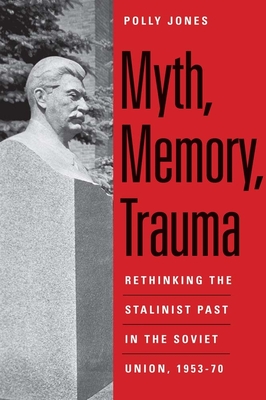Expedite your nonfiction book discovery process with Readara interviews, summaries and recommendations, Broaden your knowledge and gain insights from leading experts and scholars
In-depth, hour-long interviews with notable nonfiction authors, Gain new perspectives and ideas from the writer’s expertise and research, Valuable resource for readers and researchers
Optimize your book discovery process, Four-to eight-page summaries prepared by subject matter experts, Quickly review the book’s central messages and range of content
Books are handpicked covering a wide range of important categories and topics, Selected authors are subject experts, field professionals, or distinguished academics
Our editorial team includes books offering insights, unique views and researched-narratives in categories, Trade shows and book fairs, Book signings and in person author talks,Webinars and online events
Connect with editors and designers,Discover PR & marketing services providers, Source printers and related service providers

Myth, Memory, Trauma: Rethinking the Stalinist Past in the Soviet Union, 1953-70
History > Russia & the Former Soviet Union
- Yale University Press
- Paperback
- 9780300219777
- 9.2 X 6 X 1 inches
- 1.2 pounds
- History > Russia & the Former Soviet Union
- (Single Author) Asian American
- English
Readara.com
Book Description
Author Bio
I have published widely on Soviet culture and politics, and teach a wide range of modern Russian literature, culture and language at undergraduate and graduate level for the faculty and college.
My research interests centre on the literature and cultural politics of the post-Stalin period (1953-91), but also include: Soviet literature (1917-91); the Gulag and terror in literature; memory politics and trauma fiction; Soviet and socialist bloc propaganda and censorship; samizdat and dissidence; biography in Russian culture; and Russian and Soviet historical fiction.
I appear regularly on radio and TV to talk about Russian culture and history, and acted as consultant to Armando Iannucci’s film ‘The Death of Stalin’ (2017).
My two monographs explore the memory politics of post-Stalinism, particularly the role of literature in reimagining the Soviet past. My first monograph, Myth, Memory, Trauma. Rethinking the Stalinist Past in the Soviet Union, 1953-70 (Yale UP, 2013) argues that de-Stalinization of the 1950s and 1960s was not a primarily dissident memory project: cautiously encouraged by the Soviet authorities,
Stalin’s ‘cult of personality’ became a legitimate, albeit highly controlled and often controversial, theme in Soviet literary and historical writing and in public discussion. My second monograph, Revolution Rekindled. The Writers and Readers of Late Soviet Biography (OUP, 2019) is the first book-length study in any language of one of the largest Soviet biographical series, Fiery Revolutionaries (Plamennye revoliutsionery), which ran from 1964 to 1990, produced over 150 texts about an astonishingly wide range of ‘revolutionaries’, and came to include many of the leading writers of the period.
The book traces the complex practices of late Soviet editing, writing and reading, and the fluidity of the boundaries between Soviet and ‘unofficial’ or ‘underground’ cultural production. In connection with these interests in biography and autobiography, I also published an edited volume, Writing Russian Lives. The Poetics and Politics of Russian Biography (MHRA, 2018).
I am now working on two, interlinked projects connected to Gulag history. Firstly, I am writing a short book, Gulag Fiction from Stalin to Putin (under contract with Bloomsbury). Secondly, I am embarking on a new collaborative project, ‘The 101st kilometre. Provincial Marginality from Stalin to Gorbachev’ (https://provincialmarginality.eventcreate.com/).
This project extends my long-standing interest in the boundaries between Soviet and unofficial culture, in exploring the spaces and communities produced by Soviet penal policy and practice restricting residency in major cities for Gulag returnees and other ‘marginals’. I am particularly interested in the literary and artistic communities formed in small towns such as Tarusa and other areas on the margins of Moscow oblast’.
Education
I completed my BA, MPhil and DPhil degrees at Oxford (New College and St Antony’s College). I was the Harlech scholar at Harvard, and held junior research fellowships at St Antony’s college (the Max Hayward fellowship) and Worcester College.
I was lecturer for seven years at the School of Slavonic and East European Studies, University College London, and a Davis fellow at Princeton University’s Davis Center for Historical Studies before taking up the Schrecker-Barbour fellowship and Associate Professorship at University College in 2012. My research has been funded by the British Academy, Leverhulme Trust, CEELBAS and by the John Fell Fund and EHRC at Oxford.
Source: University of Oxford
Videos
No Videos
Community reviews
No Community reviews

